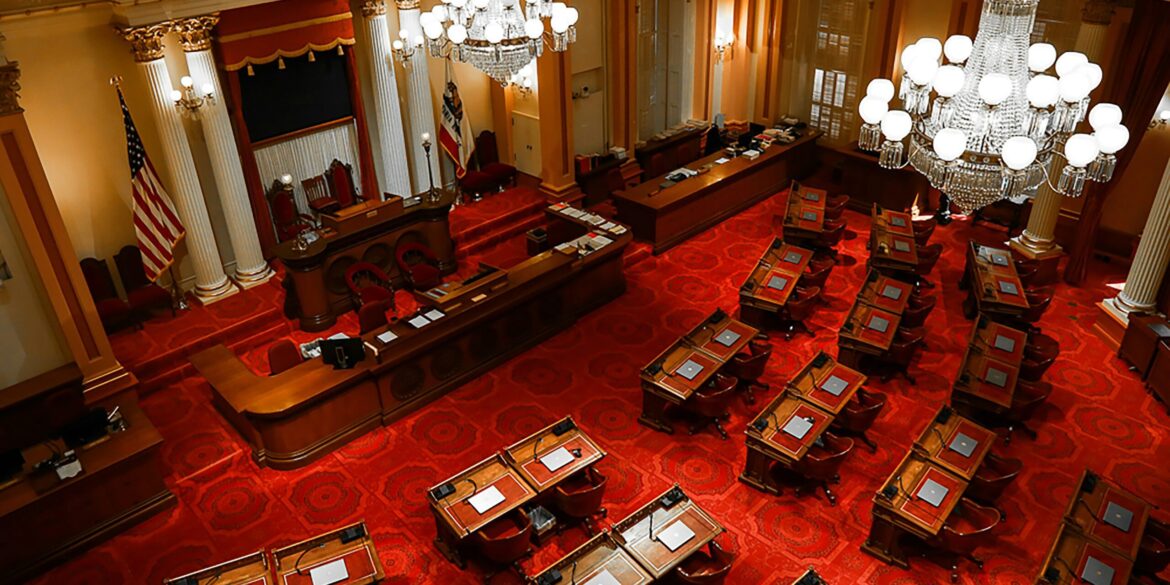On June 3, 2025, the U.S. Senate passed a historic voting rights bill designed to significantly expand access to the ballot box and protect the integrity of elections nationwide. The sweeping legislation, which passed with bipartisan support, marks a major step toward addressing concerns over voter access, election security, and partisan interference in the electoral process. Civil rights groups have celebrated the bill as a long-awaited victory, while critics argue that its implementation could burden local governments with costly mandates.
The bill includes a range of provisions aimed at improving the voting experience for Americans across the country. Among the most significant measures are nationwide early voting requirements, which will ensure that all eligible voters have ample opportunity to cast their ballots ahead of Election Day. The bill also extends voter registration deadlines, giving citizens more time to register and participate in elections, and mandates the creation of clearer, more transparent procedures for absentee and mail-in voting. In addition, the legislation introduces stricter penalties for voter suppression tactics, particularly targeting efforts to restrict voting access in historically marginalized communities.
Civil rights organizations, including the American Civil Liberties Union (ACLU) and the NAACP, have praised the bill as a victory for democracy. These groups have long advocated for federal action to address growing concerns over voting restrictions, particularly in states where lawmakers have passed laws aimed at limiting access to the polls, such as voter ID requirements, reductions in early voting days, and the purging of voter rolls. “This legislation is a step toward ensuring that all Americans can participate in the democratic process, no matter where they live or what their background is,” said an ACLU representative following the bill’s passage.
The bill comes at a time of heightened national concern over election security and the integrity of the democratic process. In recent years, the U.S. has seen growing partisan divides and a surge in unfounded claims of widespread election fraud. These issues have led to increased scrutiny of voting practices and procedures, with some lawmakers pushing for tighter restrictions in an effort to combat fraud, while others argue that these measures disproportionately impact minority and low-income voters. The passage of the voting rights bill is seen by many as a response to these concerns, aiming to strike a balance between securing elections and ensuring broad access to voting.
While the legislation has garnered widespread praise from those advocating for expanded voting rights, it has also faced significant opposition from some conservative lawmakers and local governments. Opponents argue that the bill’s provisions, particularly the nationwide early voting mandate and extended voter registration deadlines, could impose undue financial and logistical burdens on local election officials. In many areas, especially rural or less-populated regions, local governments already struggle to manage election resources effectively. Critics warn that the new requirements could lead to increased costs and administrative challenges, particularly in areas where resources are already stretched thin.
Some conservative lawmakers have raised concerns about the bill’s potential to lead to “overregulation” of elections, suggesting that it could infringe upon the rights of states to govern their own electoral processes. “This bill is another example of Washington overreaching into areas where it has no business,” said one senator who voted against the measure. “Each state should have the flexibility to manage its elections according to local needs, not be forced to comply with one-size-fits-all mandates.”
Despite the opposition, the bill’s supporters argue that the benefits far outweigh the challenges. They contend that expanding access to voting is crucial to ensuring that democracy remains strong in the face of growing partisan polarization and attempts to suppress voter participation. “Voting is the foundation of our democracy,” said Senate Majority Leader Jane Smith. “By making it easier for all eligible citizens to vote and harder for anyone to interfere with that right, we are taking a step toward a more just and equitable society.”
The bill’s passage also has significant implications for future elections. The new provisions are expected to impact upcoming federal, state, and local races, particularly as political campaigns and advocacy organizations adjust to the expanded voting window and new registration timelines. The legislation could have a lasting impact on voter turnout, especially in underrepresented communities where access to polling stations and voting resources has historically been limited.
As the bill moves forward, attention will shift to the implementation phase, with local governments across the country preparing for the logistical challenges of carrying out the new mandates. Election officials will need to update their systems to accommodate the expanded early voting periods, ensure that voter registration deadlines are properly enforced, and comply with the new voter suppression penalties.
While the bill’s passage is seen as a major victory for voting rights advocates, its ultimate success will depend on the ability of local governments and election officials to effectively implement the changes and safeguard against any efforts to undermine the new protections.

